The billions of euros needed to decarbonize the French fleet were discussed on the first day of the Assises de l'économie de la mer. The new fuels are not available, and will in any case be extremely costly. "What's the point of Europe if it doesn't provide political and technical support on such important issues?" asks the CEO of the CMA CGM Group.
Rodolphe Saadé has made a habit of this for some time now. His public "outings" are surprising, intervening if not where he's not really expected, at least on subjects sometimes far removed from his business. This summer, at the Rencontres Economiques d'Aix-en-Provence, when so many subjects were being discussed on the subject of world trade, the geopolitics of blocs and energy, the CEO of the CMA CGM group answered the question: "What choice for society?
A few days ago, in association with Xavier Niel (Iliad Group, parent company of telecom operator Free) and Eric Schmidt (Schmidt Futures), ex-CEO of Google, he took part in an Ai-Pulse conference at Station F on artificial intelligence (AI). On this occasion, the three bosses announced the creation of Kyutai, a laboratory with €300 million in capital to finance the work of researchers in artificial intelligence, which will be accessible and free of charge.
On November 28, at the "Assises de l'économie de la mer" conference organized by Le Marin/Ouest France in partnership with the French Maritime Cluster, he was speaking on the theme of "Space, artificial intelligence, decarbonization", alongside Philippe Baptiste, President of CNES, the two companies being linked by a partnership whose content is still under wraps.
"Artificial intelligence will make maritime logistics more efficient. We need to be able to invest in this field without having to go to the United States", justified the CMA CGM CEO.
European counter-offer
While super-intelligence is benefiting from billions of dollars of investment across the Atlantic, a European counter-offer is needed, says Rodolphe Saadé, pointing out that within his company, "around 50 people are working on AI", that its fleet center is already using it to profile the best routes, while its new-style Tangram university, due to open next April, will train 3,000 employees in one of the hottest technologies.
More unexpectedly, among the projects discussed with its space partner, "a space feeder that would fetch lost satellites. A complex space logistics project", explains the boss of a group that has just added another dimension to its air-sea-land approach.
30 Mt of CO2 emitted
Moins stupéfiants en revanche, ses propos sur sa stratégie d’investissement dans le méthanol (32 navires avec ses dernières commandes) alors que sa flotte de 614 navires émet 30 Mt de CO2 par an. La facture sera salée lorsque les émissions carbones seront totalement taxées (depuis mi-février 2023, la tonne de CO2 se négocie à plus de 100 € dans l’Union européenne). À partir du 1er janvier 2024, le transport maritime entrera progressivement dans le marché européen carbone.
In these conditions, it's easy to understand why the subject is starting to raise eyebrows. "Not only are new fuels not immediately available, they are also very expensive. We have a decarbonization trajectory, a goal of carbon neutrality by 2050, and a lot at stake.
But at some point, we'll have to ask ourselves how we're going to pay for it. CMA CGM has already put $15 billion on the table to decarbonize its ships. What's the use of Europe if it doesn't provide political and technical support on important issues?
When asked about the principle of creating a European fund to support the heavy investments awaiting the sector, he says: "I believe in what CMA CGM is doing, but I have less faith in what others are doing".
The group has initiated a €1.5 billion fund to finance decarbonization projects in the maritime, logistics and aviation sectors, and has matched the French fund, announced last year by Hervé Berville, with €200 million to support the transition of the French maritime industry. "We're ready," he adds, suggesting that the French administration is not.
Why agreements with competitors?
As for his latest agreements, one with Maersk and the other with Cosco, both concerning methanol, "cooperation agreements on general interest subjects make sense because they are very complex, requiring a great deal of R&D and investment. We developed solutions around LNG, which took seven years. With green methanol, we need to move faster, especially as Maersk has committed to being net zero by 2040.
As for the alliance with Cosco, "forming partnerships enables us to secure our sourcing", he replies.
In September, the Chinese shipping group signed a cooperation agreement with several Chinese companies - State Power Investment corp (Spic), one of the country's leading electricity suppliers, the major port operator Shanghai International Port Group (SIPG), and the certification company China Certification & Inspection group (CCIG). The aim is to set up a green methanol industrial chain, from production to transport, bunkering and certification of green methanol.
In any case, "there is no substitute yet for the diesel engine", as Laurent Castaing, Managing Director of Chantiers de l'Atlantique, told another audience at the Assises de l'économie de la mer. The best technology for cutting emissions remains those we don't generate, i.e. energy sobriety.
Adeline Descamps



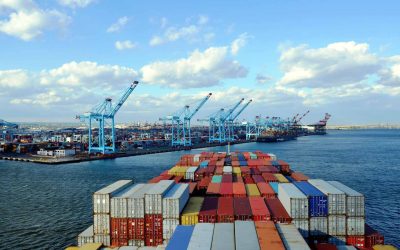
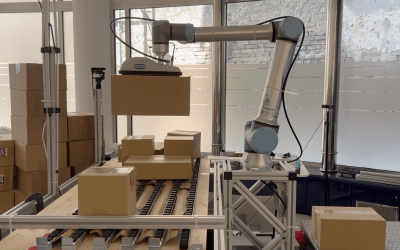
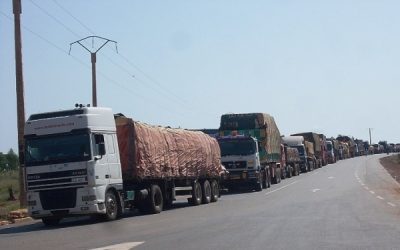
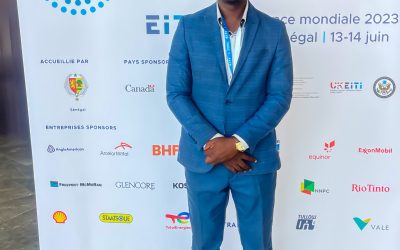
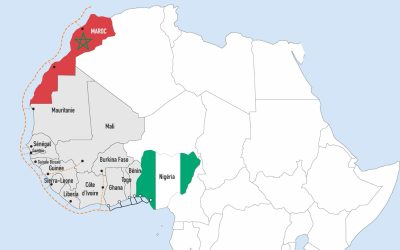
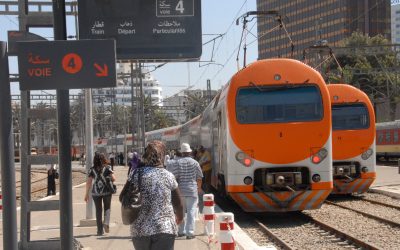
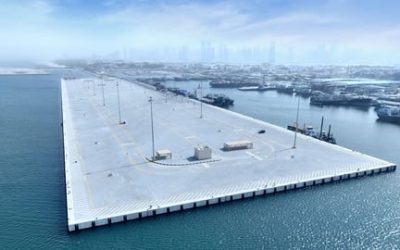
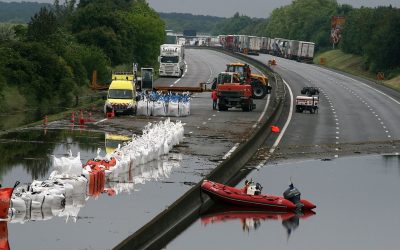
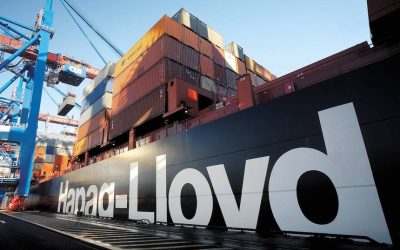
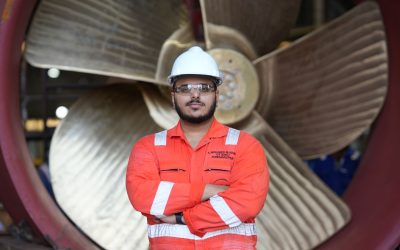


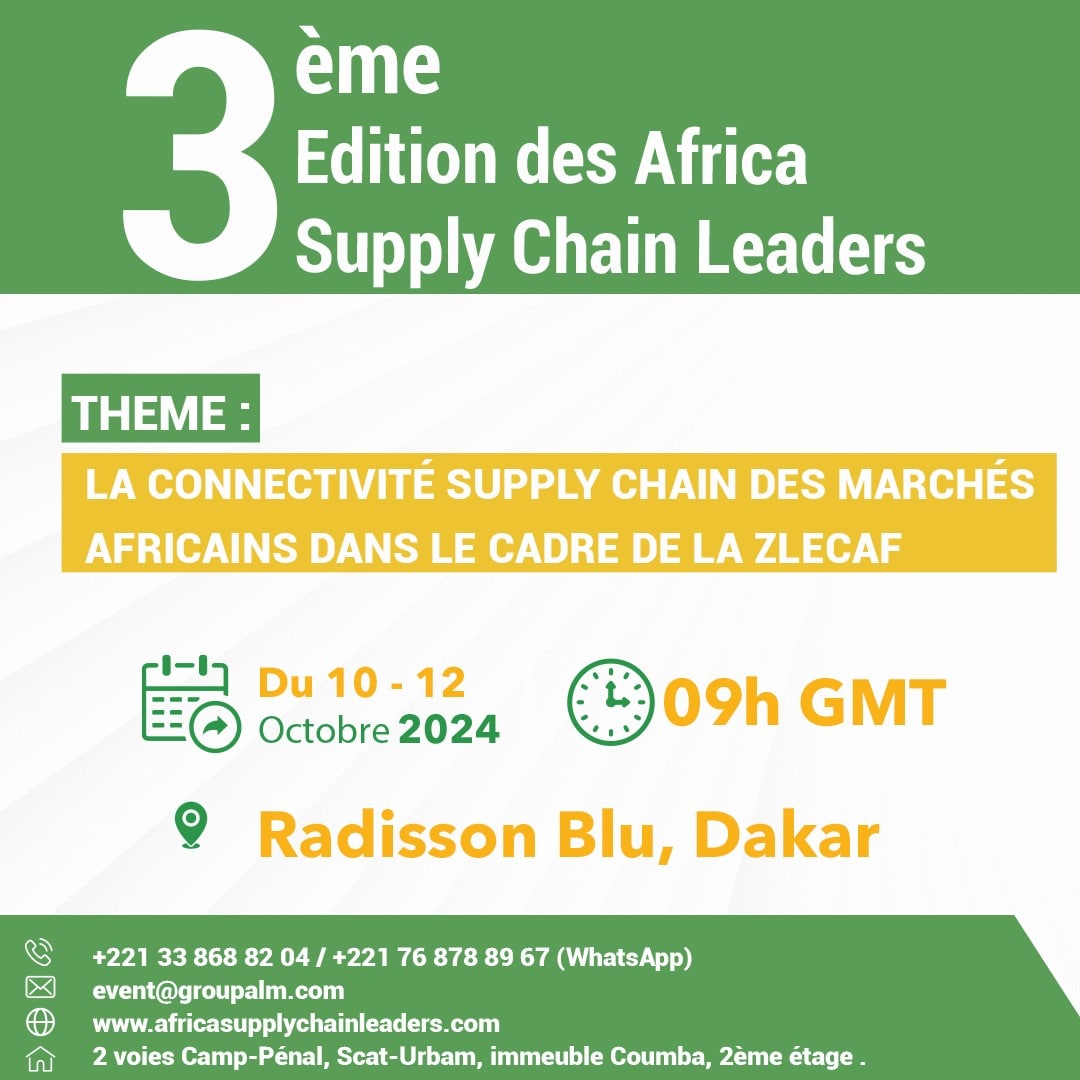
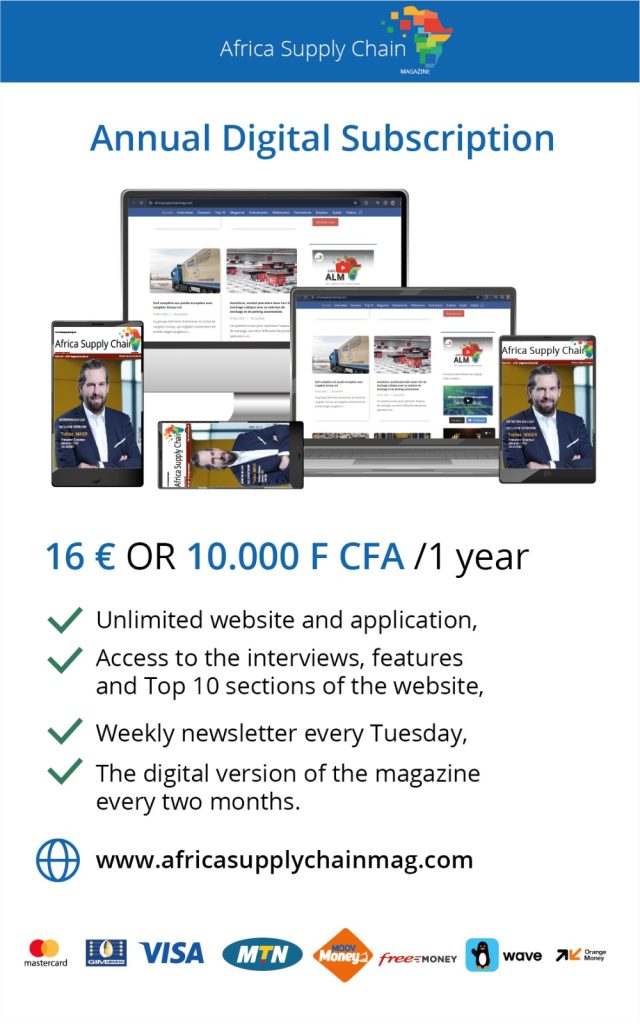


0 Comments